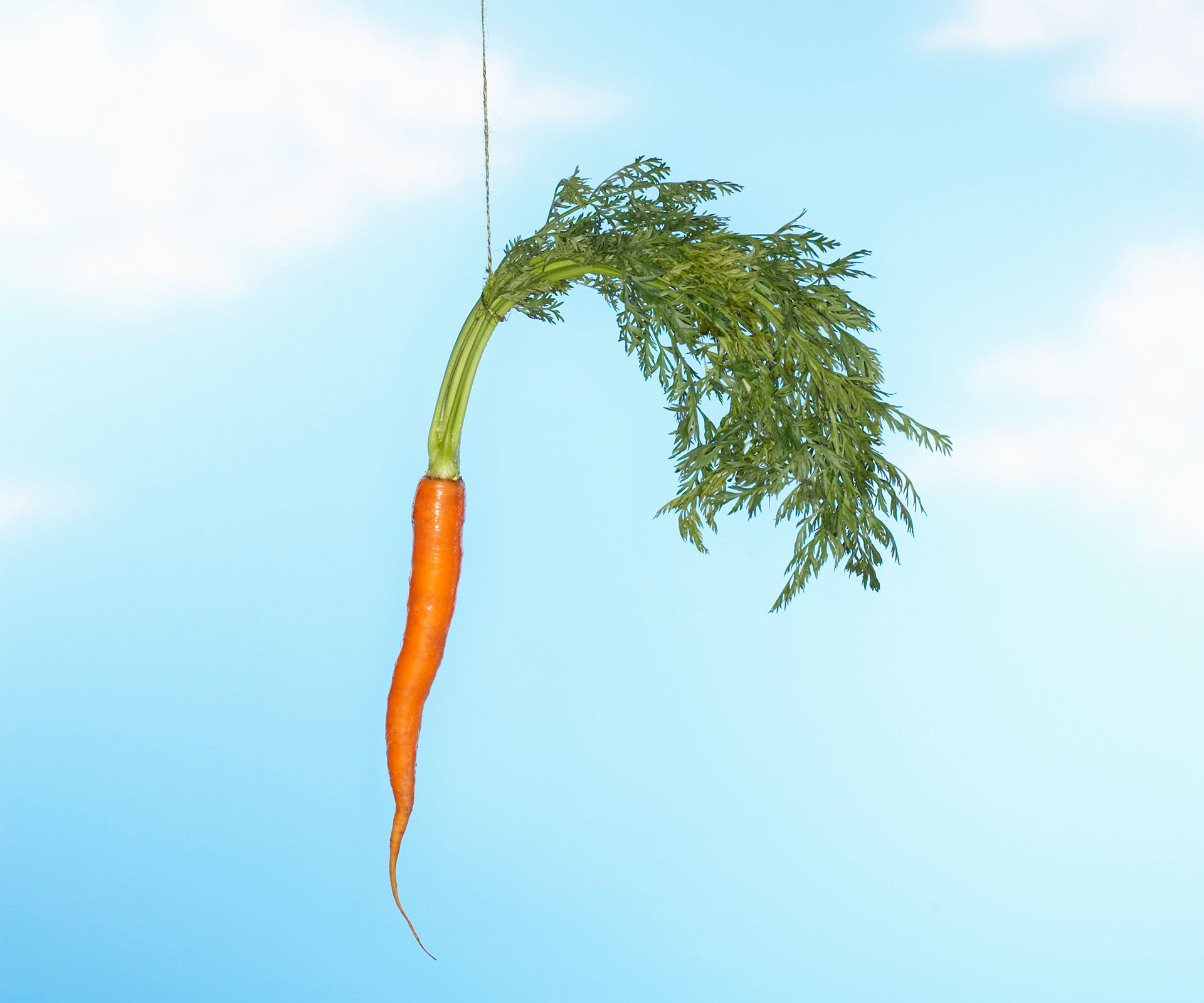Hello? HELLO! Sorry, it’s a bit loud here. I am writing this at the hairdresser. (Prod, poke, pull.) There is more than the usual amount of prodding because this isn’t my usual hairdresser. My usual hairdresser knows me so well, he knows I can’t stand head massages, he knows I only like the shampoo that smells like butterscotch pudding and he knows I definitely don’t ever want to discuss The Bachelor.
I could tell my real hairdresser anything. I could even tell him I’m having a terrible time agonising about my kids. One of them is scared of tarantulas and obsessed with Robot Godzillas, the other spends all her time making animations of cats and singing show tunes. But they trot off happily to school in the morning so that is high-functioning achievement in my book.
So, it’s not really them. No, the problem is me.
I feel I have awakened from my slumber of ignorance about my child-rearing and have started to question everything I’ve done thus far and how much I have already (aged eight and 11) screwed them up. I have had the painful realisation that no matter how much I try, being a parent helper on school trips, cutting the crusts off their sandwiches, demonstrating the cloud pose when they are in full tantrum mode, I am still going to be f***ing them up.
It’s all to do with my responsiveness. Am I responsive enough to their needs? Or am I too responsive? Half the effort I expend on child-rearing is harmful, the trouble is I don’t know which half. I used to proudly say my daughter was going to grow up to work in a call centre: because I didn’t want her to feel oppressed by my expectations.
I wanted her to know I’d love her just as much if she worked in a supermarket as if she was a Rhodes Scholar. But now I wonder, maybe she will hate me because I didn’t make her become a concert pianist?
I just read about the Polgar family, who couldn’t play chess but decided to turn their three daughters into chess grandmasters, to prove ability is about nurture not genes. And they did: by teaching chess was fun and playful, [psychologist Oliver James says](https://en.wikipedia.org/wiki/OliverJames(psychologist) approvingly. (As opposed to Tiger Woods, who was pushed into being a golf champion.)
So, should I be doing this? There are so many theories about the right or wrong way to parent, and maybe I got it all wrong. I’ve been super-permissive because I didn’t want my children to suffer from Offspring Stockholm Syndrome. (Regardstockhless, we all do, to some extent.)
Stockholm Syndrome was first identified when it was discovered hostages in a Stockholm bank raid developed empathy for their captors and adopted many of their opinions.
This is a rational survival strategy in the circumstances. Captors are less likely to kill you if they become attached and sympathise with you as a human being, just like themselves.
Since small children are completely in the power of parents, it makes sense for them to do their best to ingratiate themselves too; this is Offspring Stockholm Syndrome.
Like hostages, they adopt the opinions of their ‘captors’ because, although we may prefer not to think about it, children genuinely are at risk of death from their parents. You’re surprised? Do you need me to explain this? Small children are a tremendous burden.
Their total dependence when they are babies, unable to move, feed or soothe themselves, is so extreme it creates such an urgent demand – 24 hours a day – that sometimes we get to the point that psychologist James describes as so intense we feel “one of us has got to die, this can’t go on”. I don’t trust any mother who hasn’t related to that feeling at some point.
No wonder our kids learn so effectively to mimic us. You can’t kill me, because I am you.
But the thing about responsiveness is children need to feel free to experience their own experiences in their own way. Even more important than satisfying your baby’s needs, or mirroring them, is the vital task of being able to leave your child alone. This kind of leaving alone is not ignoring, or even physically looking away.
This sort of ‘leaving alone’ means allowing a child to have their own experience, even while they are being fed, or bathed, or held. It means not being so intrusive that your child is not free to explore, to venture into new territory, both within herself and without.
“This freedom to explore while held within the safety net of the parent’s benign presence develops into the capacity to be alone,” writes psychiatrist Mark Epstein, in his book Going to Pieces Without Falling Apart: A Buddhist Perspective on Wholeness.
With too much interference from the parents, or too much absence, a child is forced to spend her mental energy coping with her parents’ intrusiveness or unavail-ability instead of exploring herself. When the relationship with a parent is too fragile, a child naturally tries to compensate. This leads to the development of a precocious ‘caretaker self’ that is tinged with a feeling of falsity. Getting the responsiveness to your child just right is just so hard.
I am thinking about this as my reliever hairdresser keeps shoving my head around as if I am an inflated bobbing balloon. Push, pull, shove. I feel like a hostage. Push, pull, shove.
It is curious how out of proportionally rage-filled this makes me. I have to try hard to suppress the urge to turn around and grab the ghds and snap them at her, like a vengeful piranha. I don’t do this, of course. We can’t use hair appliances as weapons. But being helpless in the hairdresser’s chair makes me wonder: is this how babies feel?
It is horrible to feel helpless and as if someone who is caring for you is not attuned to what you need. It is horrible to be shoved about as if you have no say in proceedings. For my kids’ sake, I hope I feel like their favourite hairdresser, touching them gently, with kindness.


